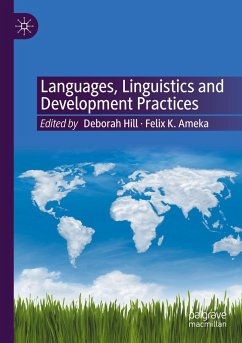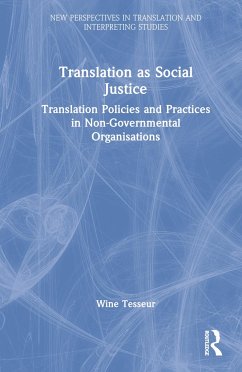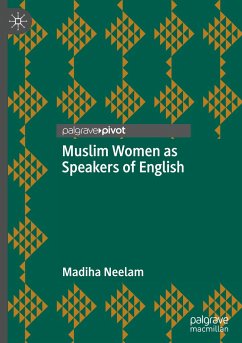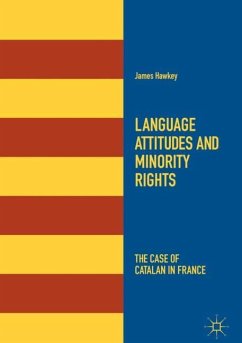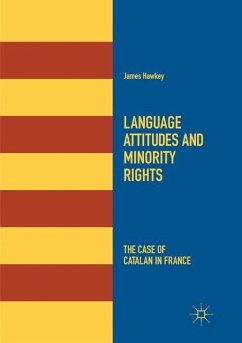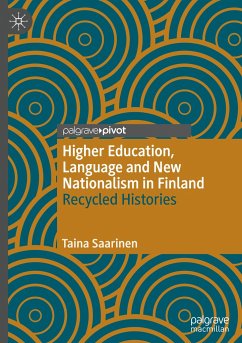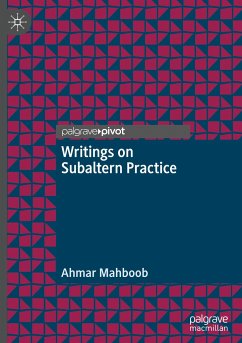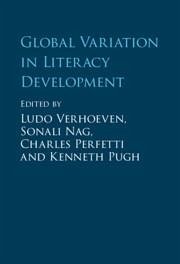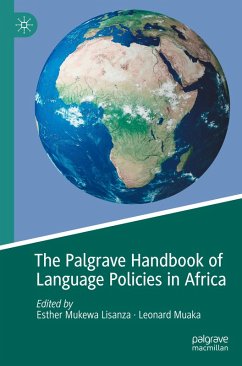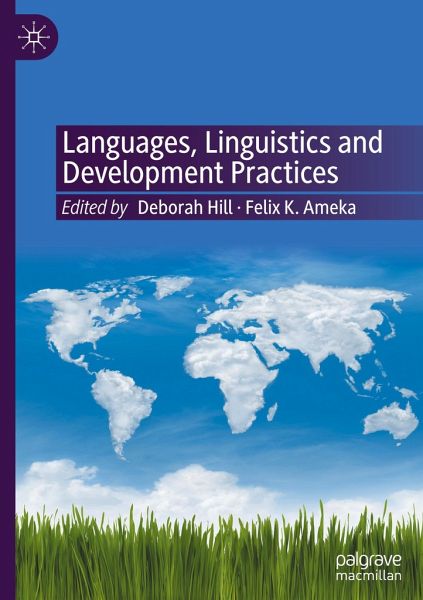
Languages, Linguistics and Development Practices

PAYBACK Punkte
57 °P sammeln!
This edited book presents case-studies and reflections on the role of languages and their analytic study in development practices across four regions: Africa, Asia, Australia, and the Pacific. The authors highlight the importance of conceptual studies of languages and cultures, as well as language choice, for enhancing development practices, demonstrating the value that language analysis and the humanities can add to the already multi-disciplinary field of Development Studies. The chapters draw on the fields of linguistics, human geography, education, diverse economies, community learning, soc...
This edited book presents case-studies and reflections on the role of languages and their analytic study in development practices across four regions: Africa, Asia, Australia, and the Pacific. The authors highlight the importance of conceptual studies of languages and cultures, as well as language choice, for enhancing development practices, demonstrating the value that language analysis and the humanities can add to the already multi-disciplinary field of Development Studies. The chapters draw on the fields of linguistics, human geography, education, diverse economies, community learning, sociology, and anthropology, and topics covered include some significant areas of interest to sustainable human development: education, work, finances, age, gender; as well as a key approach to development (asset-based community development). Chapters on informal adult learning provide opportunities to explore how and why language and linguistic analysis is relevant to development projects.The volume aims to promote collaboration and interdisciplinary dialogue and should be of interest to academics, practitioners and students of language and development, and to those working in the field of development globally.





